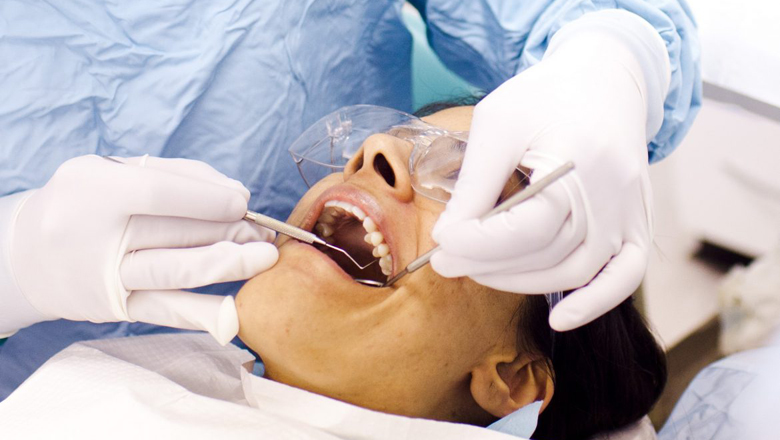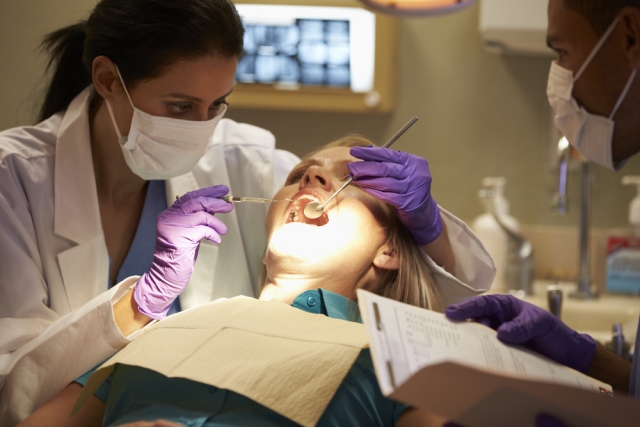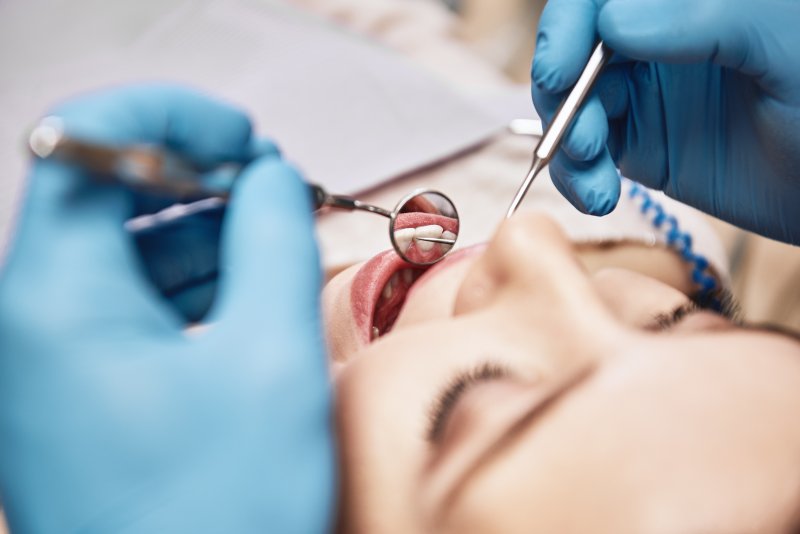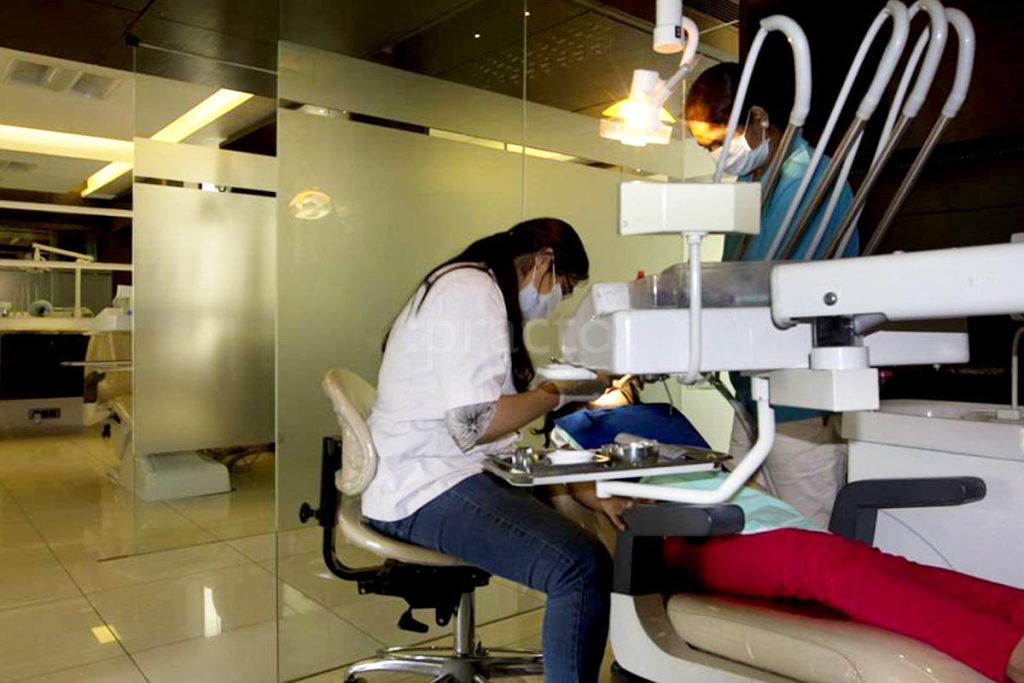HOME // LASER TREATMENT
Laser Treatment

Laser Dentistry
Medical professionals use lasers, which are extremely focused light beams, to alter or remove tissue in small amounts. Laser surgery is not limited to dentistry, but many people have never heard of laser dentistry before having it done. Dentists use lasers in a variety of procedures involving the inside of the mouth, be it to remove overgrown tissue, to reshape the gums, or to whiten teeth. Sometimes, laser dentistry is ideal for children who become anxious or afraid when having dental work done.
Benefits of Laser Dentistry
Dentists choose laser dentistry because of distinct benefits that make the procedures go more smoothly, and also reduce discomfort and healing time for patients.
- Patients are less likely to require sutures
- Anesthesia may not be necessary
- The laser will sterilize the gums, making infection less likely
- Less damage to gums shortens the healing time
- Patients lose less blood than traditional surgery


The Types of Lasers Used in Dentistry
The two main types of lasers dentists use during laser procedures are hard tissue and soft tissue lasers. Each laser uses a different wavelength that makes it appropriate for cutting into that specific type of tissue. This works because each kind of tissue absorbs wavelengths of light in different ways. By altering the light’s wavelength (and sometimes pulse) scientists have figured out how to craft lasers with light wavelengths compatible with the tissues in your mouth.
Hard Tissue Lasers
A hard tissue laser is used primarily for your teeth. The wavelength of one of these lasers cuts through both water and bone, specifically the calcium phosphate that’s in your bones and your teeth. These lasers can very accurately cut into your teeth, removing small amounts for shaping purposes or in preparation for procedures. Hard tissue lasers are used for:
Soft Tissue Lasers
The soft tissue lasers use a light wavelength that hemoglobin and water absorb easily. Hemoglobin is the molecule found in blood, which makes soft tissue lasers ideal for gum work. Some soft tissue lasers are diode lasers, which is a type of continuous-wave laser.












